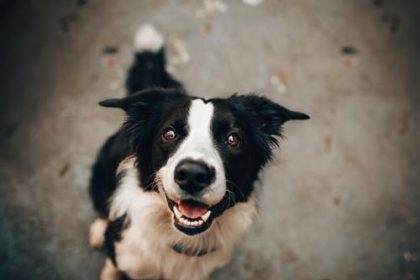Routine dental exams and preventive care are equally as crucial for your pet’s health as yours. Poor dental health can bring on severe, even life-threatening, illnesses and issues. Therefore, it is vital to know the indications that your pet may need oral services or dental surgery. Read more about some of the most usual signs that your pet needs vet dental treatment.
Signs Your Pet May Need Dental Services
A number of telltale signs suggest that your pet may need veterinary dentistry services or oral surgery. If you notice some of these signs and symptoms, make a consultation with your vet right away:
- Foul breath
- Tarnished teeth or tartar buildup on the teeth
- Swelling around the mouth or gums
- Too much drooling
- Not eating or difficulty chewing food
- Pawing at the face or rubbing the muzzle against furniture
- Bleeding from the mouth, excessive drooling, reluctance to eat, and weight reduction due to inadequate nutrition caused by oral disease
If you have a hunch your dog or cat is suffering from any of these symptoms, contact your vet immediately so they can provide an accurate prognosis and develop a treatment plan of action specifically suited to your pet dental health.
How can a veterinary surgeon help your pet?
Vet surgeons are highly trained professionals specializing in treating dental ailments in animals. A vet will normally carry out an exam on your pet to determine if there is any kind of underlying cause for the symptoms you are seeing. This may consist of the following:
- Infections in the mouth due to bacteria or infections
- Damaged teeth due to trauma or wear and tear over time
- Gum disease (caused by plaque buildup on the teeth’ surface over time)
- Tumors in the jawbone or soft tissue surrounding the teeth/jawbone area
After diagnosing the problem(s), they will develop a treatment strategy which may include prescription antibiotics, extractions, scaling/polishing, root canals, or even oral surgery, depending on what is causing your pet’s pain. If you are looking for a vet surgeon to help you treat your pet’s dental ailment, you may search online for “vet surgery near me” to get expert advice.
How can your pet benefit from cold laser therapy?
Cold laser therapy is becoming more and more popular among vets specializing in dental care and dental surgery. This treatment utilizes low levels of light power, which helps in reducing inflammation while promoting restorative healing in damaged tissue without inflicting any harm to surrounding healthy cells.
Cold laser therapy is frequently used after surgery or after a deep cleaning session to help reduce pain related to oral procedures while helping with post-operative recovery time by speeding up recuperation processes within the body. It is non-invasive and has been proven effective in reducing pain while promoting faster healing times in animals undergoing dental treatments. You may check it out with your vet dentist for further information about the efficacy of cold laser therapy for pets.
Conclusion
Pet owners need to be aware of potential indications if something is wrong with their furry companion’s oral health, as dental diseases can be quite serious if left without treatment. Regular visits to a veterinary dental expert for examinations can assist in keeping your pet’s smile healthy.
If you notice any symptoms showing possible tooth or gum problems, call your vet immediately so they can provide an accurate assessment and develop an ideal treatment plan tailored specifically to your furry buddy’s necessities.
Aside from traditional treatments, veterinarians specializing in dental care and oral surgery may also recommend cold laser therapy because it helps in reducing inflammation while promoting healing in damaged tissue without causing harm to surrounding healthy cells. Prevention is always essential, so brush their pearly whites regularly at home and keep them smiling.





